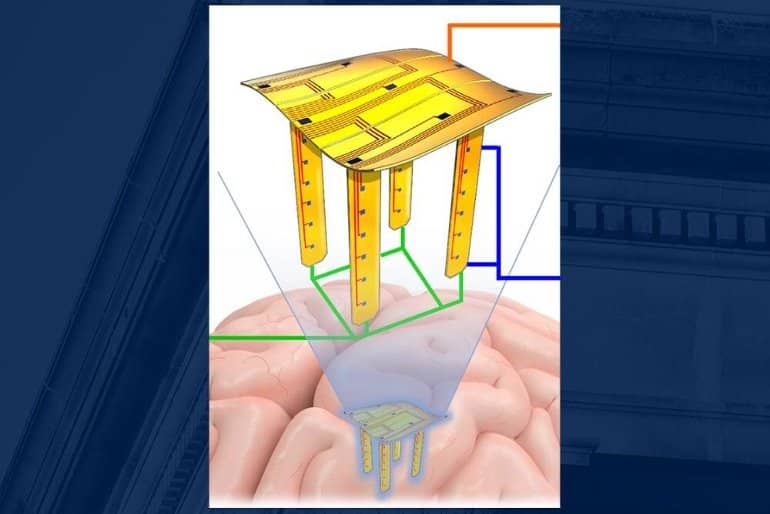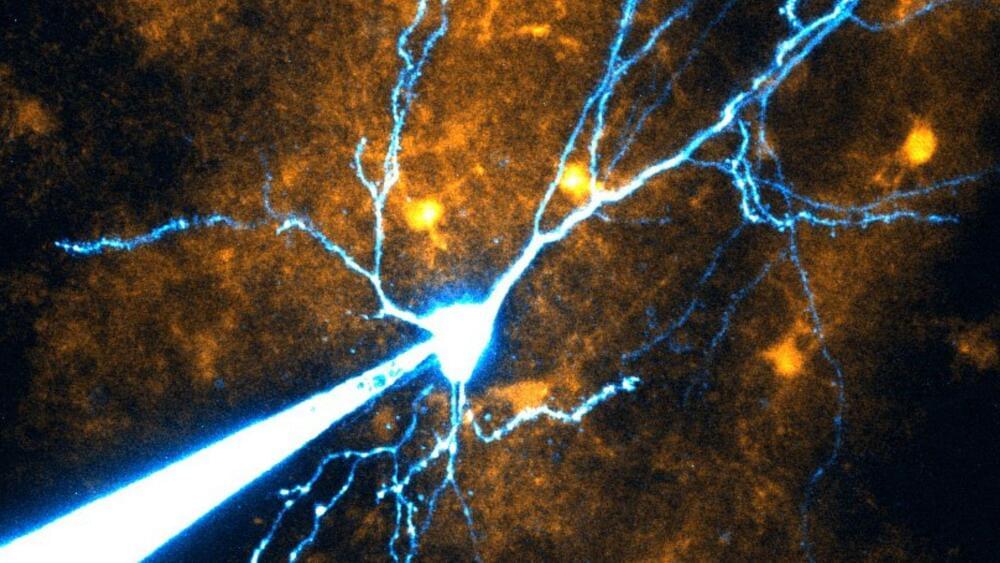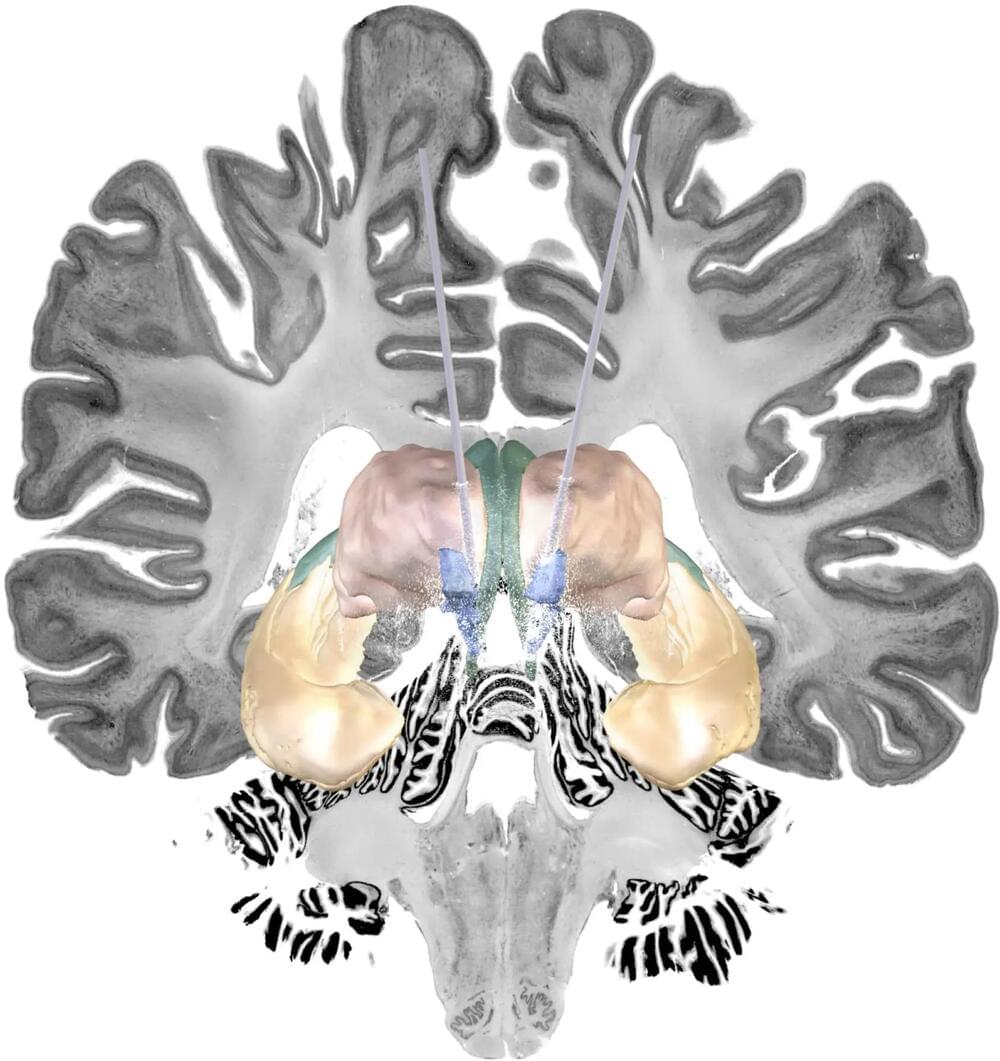Source: Penn State
Understanding the neural interface within the brain is critical to understanding aging, learning, disease progression and more. Existing methods for studying neurons in animal brains to better understand human brains, however, all carry limitations, from being too invasive to not detecting enough information.
A newly developed, pop-up electrode device could gather more in-depth information about individual neurons and their interactions with each other while limiting the potential for brain tissue damage.










 One year ago, the Hunga Tonga-Hunga Ha’apai volcano erupted, causing widespread destruction to the Pacific Island Nation of Tonga. It spewed volcanic material up to 58 km into the atmosphere, brought a nearly 15 m tsunami that crashed ashore, destroying villages, and created a sonic boom that rippled around the world – twice. Even one year on, interest in the extraordinary explosive eruption remains. A sound artist has recently recreated the sonification of the underwater volcanic eruption using rayleigh signal intensity data provided by the Aeolus Virtual Research Environment platform. Using wind data obtained on one of its overpasses over the ash cloud of the Hunga Tonga explosion, Jamie Perera used an audio sample of one of the shock waves, time-stretched it into a ghostly tone, and assigned it to harmonic values transcribed from 90 Aeolus readings taken over a duration of approximately 15 minutes. The listener hears one reading every two seconds, in a harmonic range that spans six piano octaves, the highest of which can be heard at around 01:18 minutes when the readings show the eruption’s dust plume at its highest peak (over 20.5 km). The artistic intention behind the sonification was to evoke the otherworldly landscape of Hunga Tonga and other volcanoes. Sonification credit/copyright:
One year ago, the Hunga Tonga-Hunga Ha’apai volcano erupted, causing widespread destruction to the Pacific Island Nation of Tonga. It spewed volcanic material up to 58 km into the atmosphere, brought a nearly 15 m tsunami that crashed ashore, destroying villages, and created a sonic boom that rippled around the world – twice. Even one year on, interest in the extraordinary explosive eruption remains. A sound artist has recently recreated the sonification of the underwater volcanic eruption using rayleigh signal intensity data provided by the Aeolus Virtual Research Environment platform. Using wind data obtained on one of its overpasses over the ash cloud of the Hunga Tonga explosion, Jamie Perera used an audio sample of one of the shock waves, time-stretched it into a ghostly tone, and assigned it to harmonic values transcribed from 90 Aeolus readings taken over a duration of approximately 15 minutes. The listener hears one reading every two seconds, in a harmonic range that spans six piano octaves, the highest of which can be heard at around 01:18 minutes when the readings show the eruption’s dust plume at its highest peak (over 20.5 km). The artistic intention behind the sonification was to evoke the otherworldly landscape of Hunga Tonga and other volcanoes. Sonification credit/copyright: